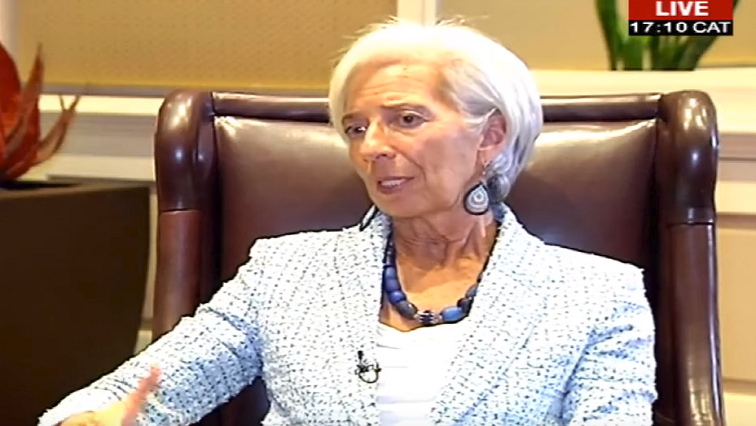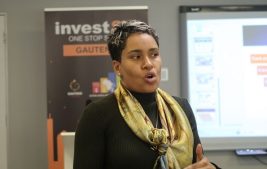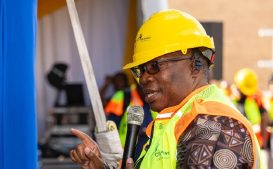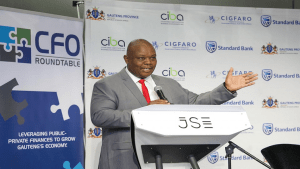The Managing Director of the International Monetary Fund, Christine Lagarde, says the media should play a role in managing public perception which could potentially pose a risk to the country’s economy.
Lagarde, who is in South Africa as part of her annual tour of African countries, has held a meeting with President Cyril Ramaphosa, on Wednesday.
She says communities must understand that implementation of commitments and reforms does not happen instantly.
“This gap between high expectation, which many of us saw in the beginning of the year, and the inevitable slower delivery of change given the vested interest, give the rand seekers communities that you have to displace a little bit; that you have to disrupt a little bit, and that slow movement can create frustration in the communities where delivery is not fast enough.”
“So, I think that to the extent you can, as media actually, you can just communicate that timing is not instant.”
Lagarde says the strength of institutions like the Reserve Bank and the National Treasury must be protected in order maintain sound fiscal and monetary policy.
Speaking at a joint media briefing with Reserve Bank Governor, Lesetja Kganyago, in Pretoria, she says the IMF has not offered South Africa financial aid, and that the country has also not requested a loan.
Lagarde has commended Ramaphosa on the fight against corruption and says discussions with the president centred on governance, unleashing South Africa’s growth potential and tackling youth unemployment.
Lagarde says the country is making good progress in implementing reforms to improve the economy, but says the IMF will not be extending any loans to the country.
“I am not here to discuss any kind of financial support or to negotiate any kind of program and I have not received any request to that effect. So, that’s crystal clear and I hope it puts to bed some of the rumours or noises that I have seen here and there about this particular matter.”
Lagarde says she and Ramaphosa had, on previous occasions, discussed the symbolic value and constitutional basis associated with the proposal of land expropriation without compensation.
“We have a few ideas on how to make that principle effective, practical, and reasonably well accepted despite the difficulty of those who will eventually have to relinquish some of their current title to assets.”
“So, we appreciate that and we appreciate the cost benefit analysis that has been brought to bear in order to pursue and support this process.”
Lagarde also commended the South African government for offering free higher education as she says education is the key to growing the economy and improving the lives of young people.
She says this, however, has to be done under sound fiscal and monetary policy.
“Clearly, free higher education is a very strong tool. Now, with it comes the question of how is it financed? That is where there are trade-offs and sound fiscal policies which we have advocated again this morning, by suggesting that there be growth-friendly fiscal consolidation going forward.”
Land expropriation without compensation
IMF Managing Director says she and President Cyril Ramaphosa have on previous occasions discussed the symbolic value and constitutional basis associated with the proposal of land expropriation without compensation.
She says the country is making good progress in implementing reforms towards improving the economy and promoting fair competitive laws.
“We have a few ideas on how to make that principle effective, practical, and reasonably well accepted despite the difficulty of those who will eventually have to relinquish some of their current title to assets. So we appreciate that and we appreciate the cost benefit analysis that has been brought to bear in order to pursue and support this process.”






